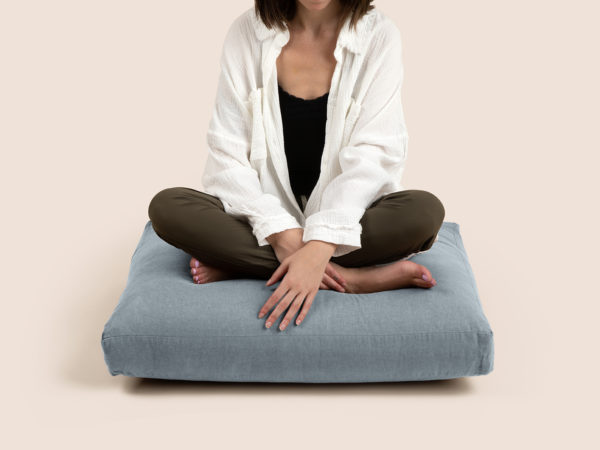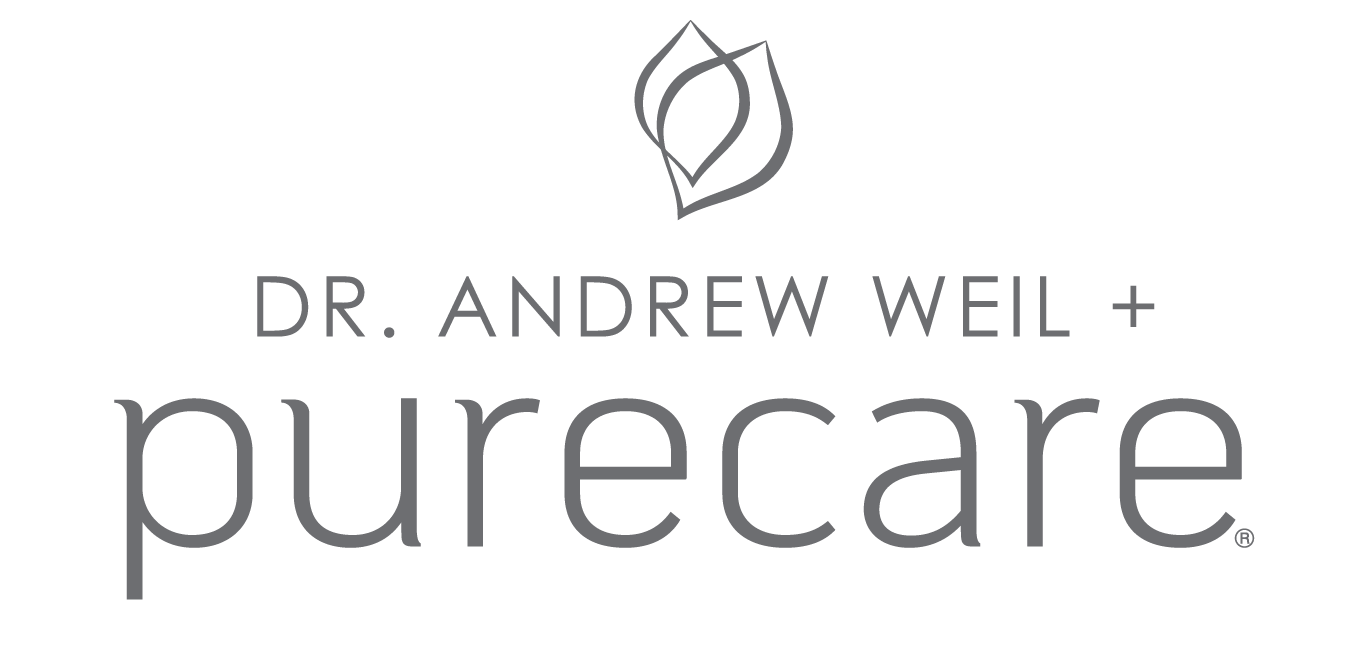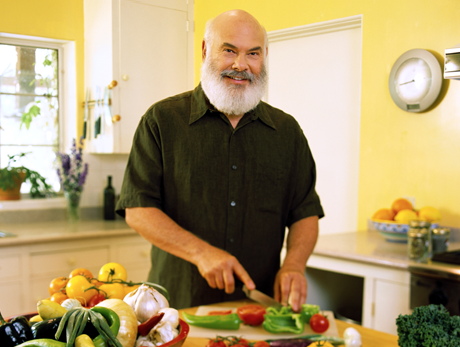Meditation Tips for the New Year

The holiday season can be a stressful time. In fact, 41% of U.S. adults report they find themselves with increased anxiety, nervousness, and tension from November to January each year. As the current calendar winds down, many strive to begin the approaching new year with a “clean slate” or a “fresh start,” but with restless nights from the holidays and the pressure to make and keep resolutions fresh in our minds, simply dismissing all that stress on January 1st isn’t as easy as we’d like to think. So how do we address stress, get the sleep we desperately need, and start the new year off right? One of the best ways is through mindful meditation.
How Mindfulness Helps
Mindful meditation provides benefits emotionally, mentally, and physically. By tuning into your mind, body, and breath, practicing mindfulness has been shown to help enhance your overall wellbeing. Two of the main ways it can improve your everyday life are by reducing stress and facilitating better sleep.
Stress & Meditation
By breathing deep and allowing your mind to focus on one thing at a time (the breath, the body, a mantra, etc.), mindful meditation can help calm your nervous system and allow you to take a break from stress and negative thoughts. Practicing mindfulness can influence your body’s responses to stress by slowing your heart rate, relaxing your body, and staying in the present moment. You can learn more about how mindfulness and meditation can help deal with stress and impact the brain in our post, “Can Meditation Change the Brain?”
Sleep & Meditation
Along with reducing stress, mindfulness meditations can also help your body prepare for sleep. Meditating fosters a “relaxation response” which counteracts the body’s response to stress that may be hindering your ability to achieve quality rest. Because many sleep disorders can be linked to stress, it has been shown that mindfulness meditation can help decrease insomnia, fatigue, and depression to aid in improving sleep (Harvard Health Publishing).
Meditation Tips
Meditation is a practice that is accessible to anyone and can be tailored specifically to you. As you begin to implement mindfulness into your daily routine, you may find that certain positions, thoughts, mantras, or settings work best. As long as you are centered and focused, there’s no “right” or “wrong” way to go about meditating.
If you’ve never meditated before and would like some guidance, here are a few helpful tips:
- Start out in a quiet setting. As you become more comfortable and familiar with meditation, it will become possible to practice it just about anywhere, but beginners typically find that quiet, distraction-free settings are the most favorable.
- Focus on your breath. If you have a “busy” mind, you may notice thoughts arising that distract you—simply let them pass without judgment and focus back on your breathing.
- Consider using a meditation cushion. While meditation can be performed in countless settings, utilizing a cushion with purposeful support can help maintain and improve posture while providing added comfort.
- Try Breathwalking. If you find it hard to sit still during meditation, you can try “Breathwalking” instead where you take a walk while focusing on your breath.
If you’re just getting started with meditation, explore our other blog posts on the topic to learn more: “Three Steps to Creating a Meditation Practice” and “Popular Meditation Misconceptions.”
New Year Meditations
If you’re looking for a fresh start to 2025, your breath is a great place to begin. By practicing meditation regularly, you can start the new year off right with a healthier mindset, reduced stress, and better sleep.
Start your meditation and breathing practices today with these videos:
- Heart Center Meditation
- 4-7-8 Breathing Exercise
- Tai Chi | How To Enter the Meditative State
- Breath Observation
Sources
“Even a Joyous Holiday Season Can Cause Stress for Most Americans.” American Psychological Association. apa/news/press/releases/2023/11/holiday-season-stress
“Meditation: A Simple, Fast Way to Reduce Stress.” Mayo Clinic. mayoclinic/tests-procedures/meditation/in-depth/meditation/art-20045858
“Meditation and Sleep.” Sleep Foundation. sleepfoundation/meditation-for-sleep
“Mindfulness Meditation: A Research-Proven Way to Reduce Stress.” American Psychological Association. apa/topics/mindfulness/meditation
“Mindfulness Meditation Helps Fight Insomnia, Improves Sleep.” Harvard Health Publishing. health.harvard/blog/mindfulness-meditation-helps-fight-insomnia-improves-sleep-201502187726
Today’s Health Topics
Editor's Pick
Health Focus
Ask Dr. Weil's Q&A
| sponsor | ||
 |
||
|










